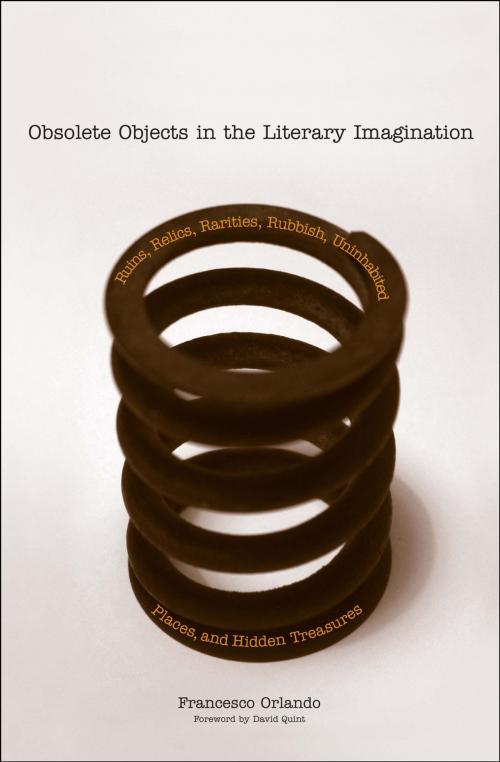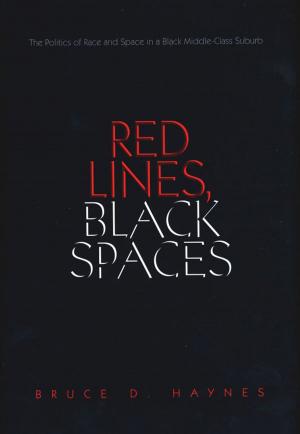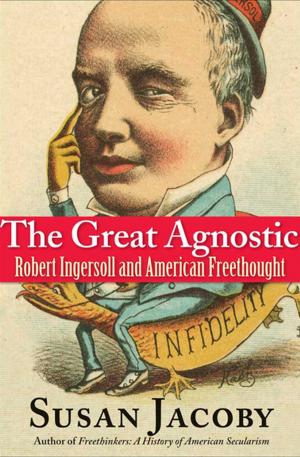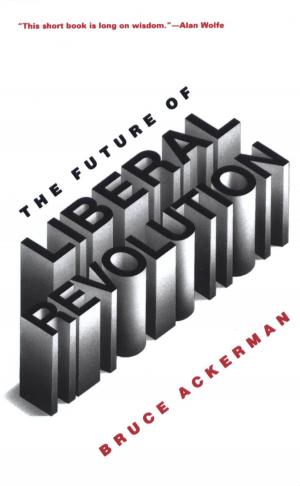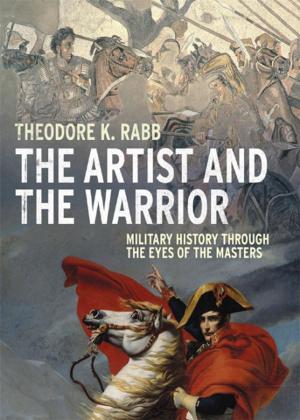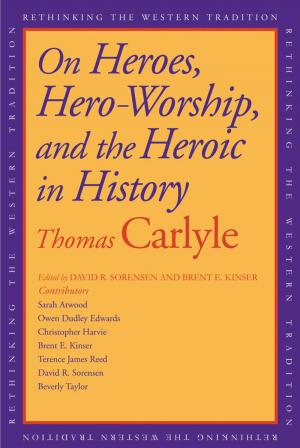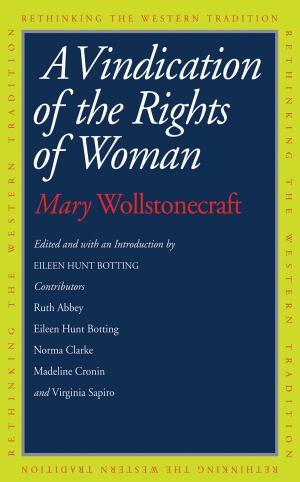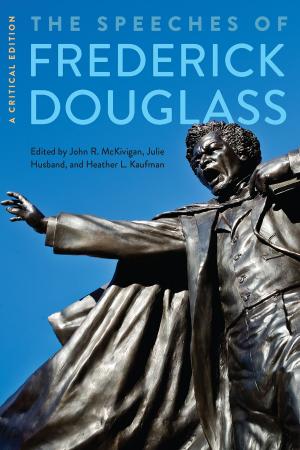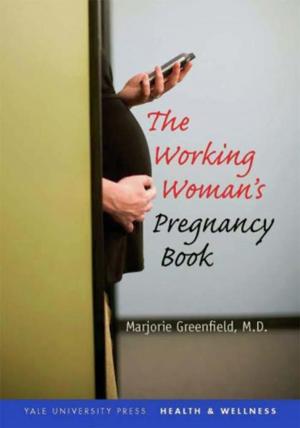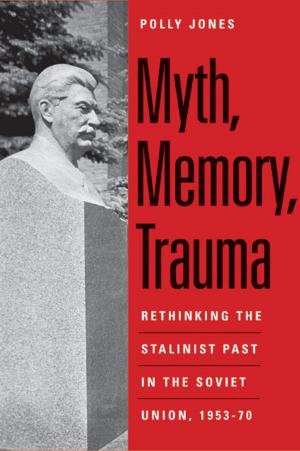Obsolete Objects in the Literary Imagination
Ruins, Relics, Rarities, Rubbish, Uninhabited Places, and Hidden Treasures
Fiction & Literature, Literary Theory & Criticism| Author: | Prof. Francesco Orlando | ISBN: | 9780300138214 |
| Publisher: | Yale University Press | Publication: | October 1, 2008 |
| Imprint: | Yale University Press | Language: | English |
| Author: | Prof. Francesco Orlando |
| ISBN: | 9780300138214 |
| Publisher: | Yale University Press |
| Publication: | October 1, 2008 |
| Imprint: | Yale University Press |
| Language: | English |
Translated here into English for the first time is a monumental work of literary history and criticism comparable in scope and achievement to Eric Auerbach’s Mimesis. Italian critic Francesco Orlando explores Western literature’s obsession with outmoded and nonfunctional objects (ruins, obsolete machinery, broken things, trash, etc.). Combining the insights of psychoanalysis and literary-political history, Orlando traces this obsession to a turning point in history, at the end of eighteenth-century industrialization, when the functional becomes the dominant value of Western culture.
Roaming through every genre and much of the history of Western literature, the author identifies distinct categories into which obsolete images can be classified and provides myriad examples. The function of literature, he concludes, is to remind us of what we have lost and what we are losing as we rush toward the future.
Roaming through every genre and much of the history of Western literature, the author identifies distinct categories into which obsolete images can be classified and provides myriad examples. The function of literature, he concludes, is to remind us of what we have lost and what we are losing as we rush toward the future.
Translated here into English for the first time is a monumental work of literary history and criticism comparable in scope and achievement to Eric Auerbach’s Mimesis. Italian critic Francesco Orlando explores Western literature’s obsession with outmoded and nonfunctional objects (ruins, obsolete machinery, broken things, trash, etc.). Combining the insights of psychoanalysis and literary-political history, Orlando traces this obsession to a turning point in history, at the end of eighteenth-century industrialization, when the functional becomes the dominant value of Western culture.
Roaming through every genre and much of the history of Western literature, the author identifies distinct categories into which obsolete images can be classified and provides myriad examples. The function of literature, he concludes, is to remind us of what we have lost and what we are losing as we rush toward the future.
Roaming through every genre and much of the history of Western literature, the author identifies distinct categories into which obsolete images can be classified and provides myriad examples. The function of literature, he concludes, is to remind us of what we have lost and what we are losing as we rush toward the future.
